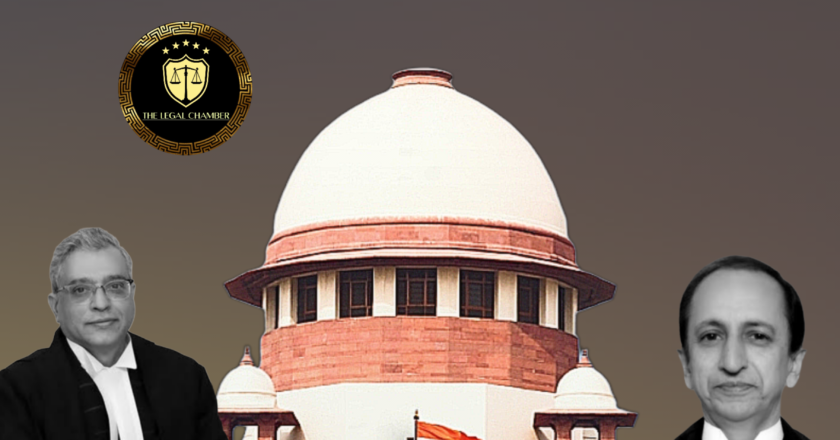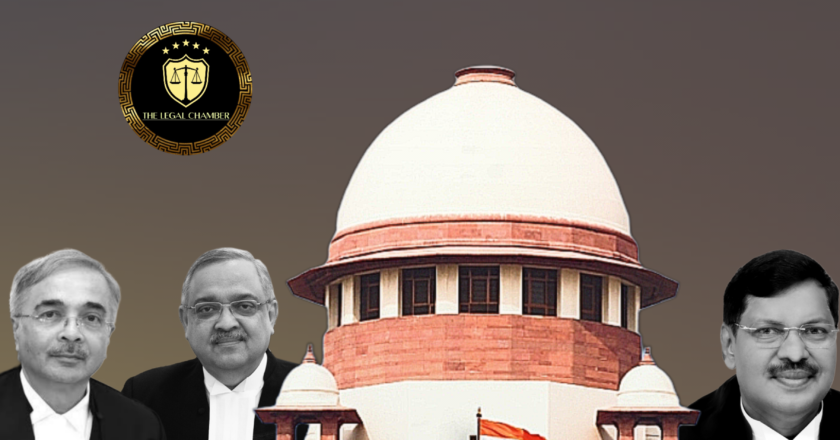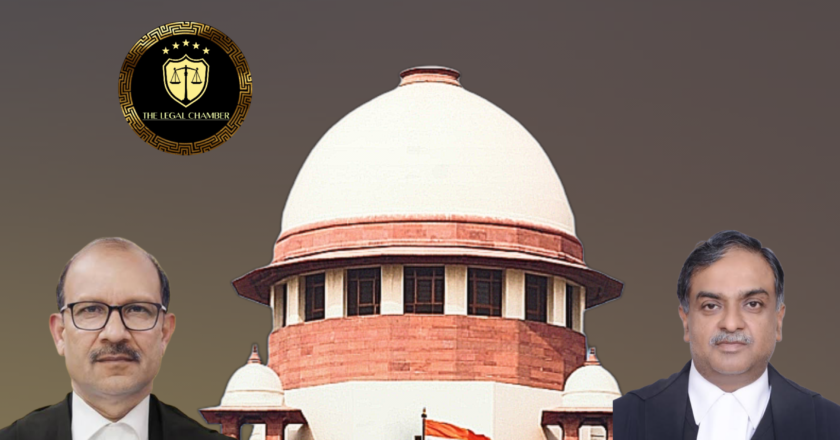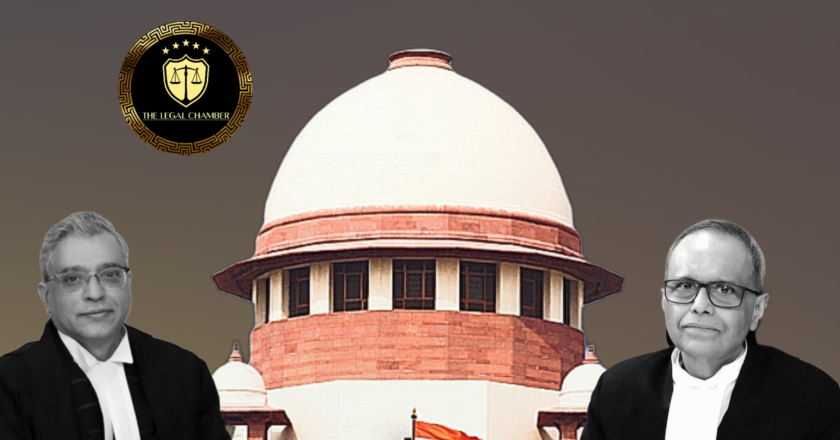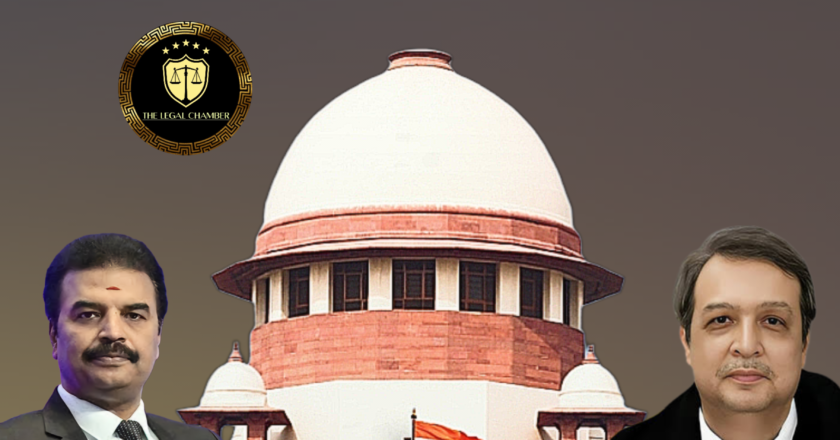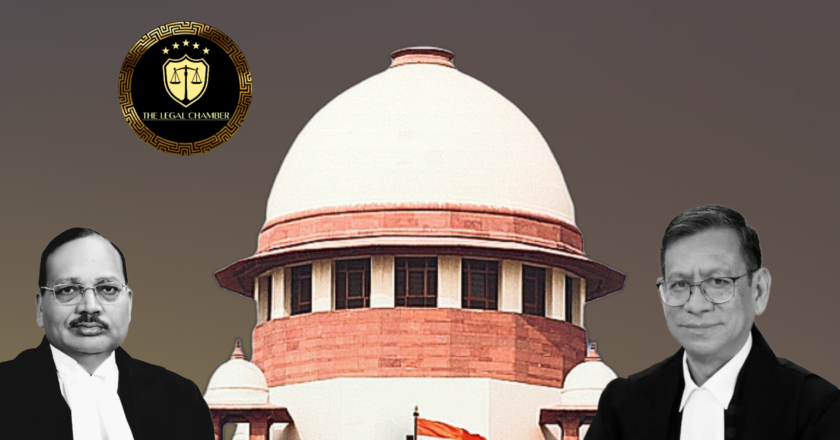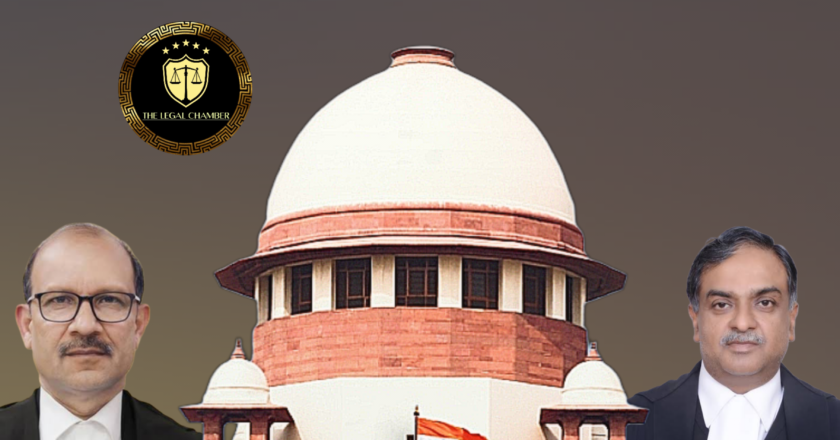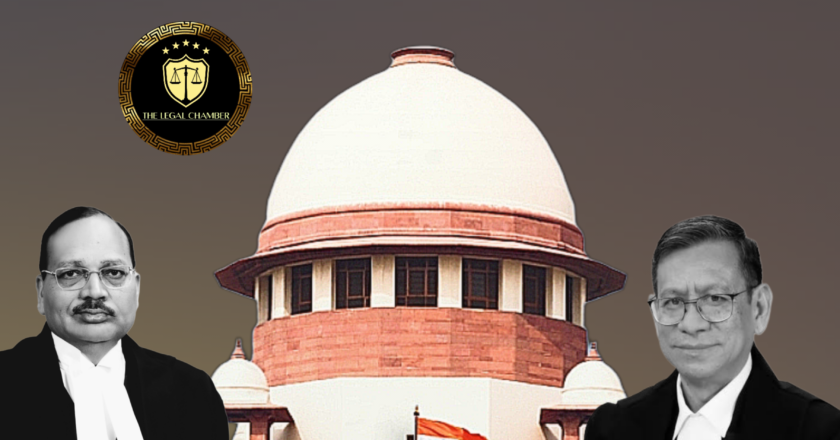Accessibility is a Right, Not a Charity: Supreme Court’s Powerful Ruling on Disability
This Supreme Court judgment establishes a comprehensive monitoring framework, "Project Ability Empowerment," to audit state-run disability care institutions nationwide. It directs compliance with the Rights of Persons with Disabilities Act, 2016, emphasizing substantive equality, accessibility, and community living. The Court also mandates a review of reservation policies to include "upward movement" for meritorious disabled candidates.
Facts Of The Case:
The litigation originates from two consolidated petitions. The first, a 1998 Writ Petition by the Justice Sunanda Bhandare Foundation, sought the enforcement of the Persons with Disabilities Act, 1995, specifically demanding the implementation of reservation for persons with visual disabilities in teaching posts. The second case began a...

